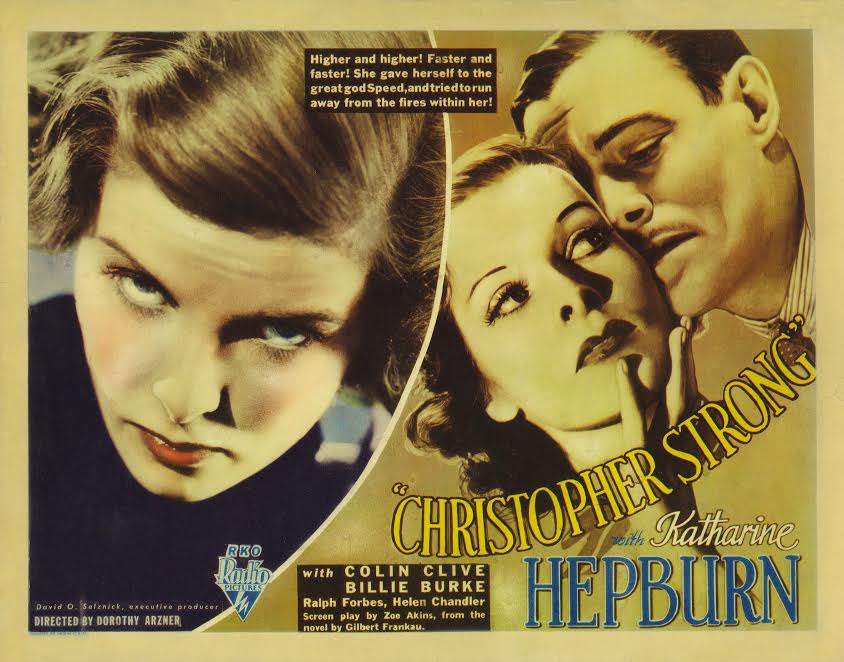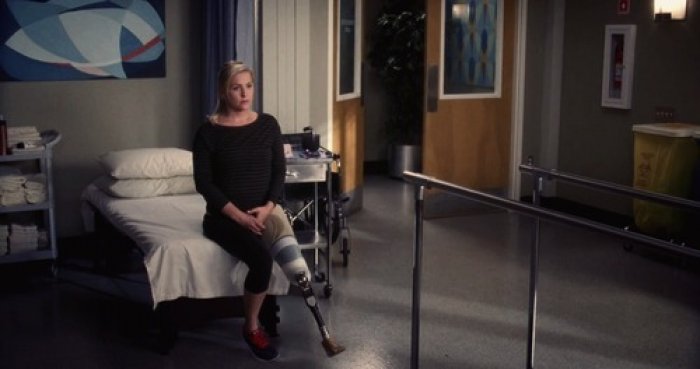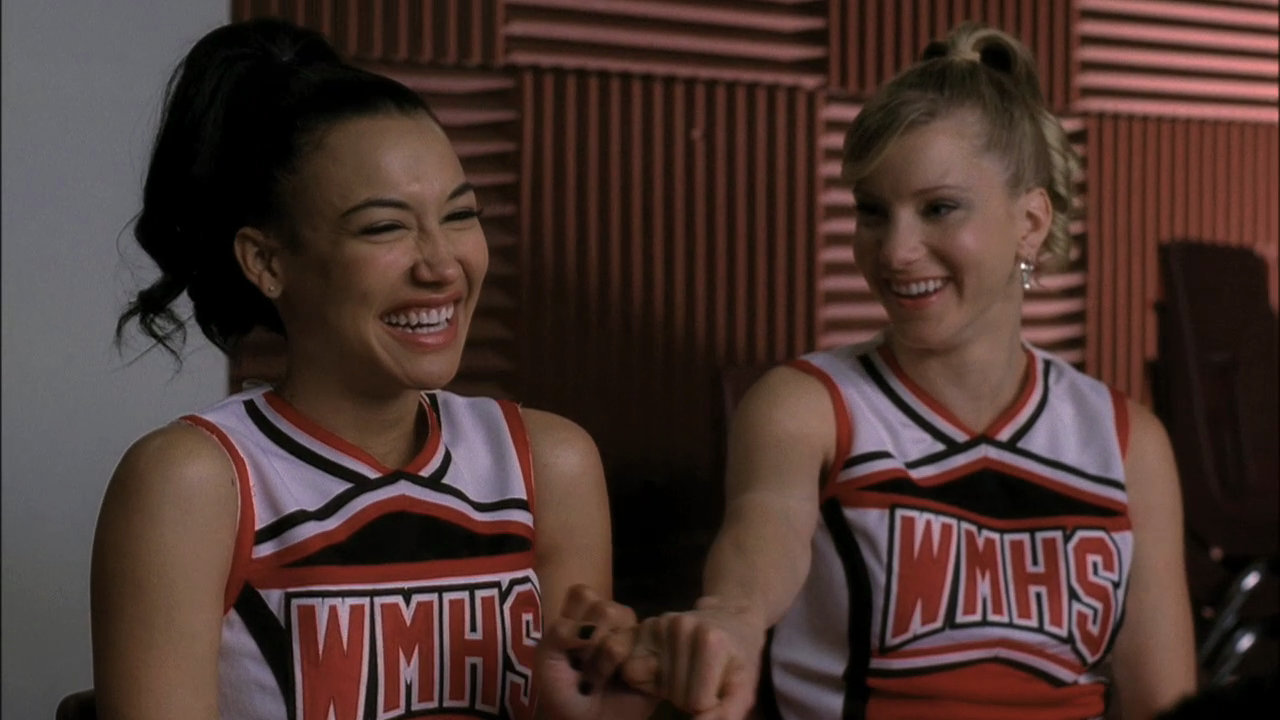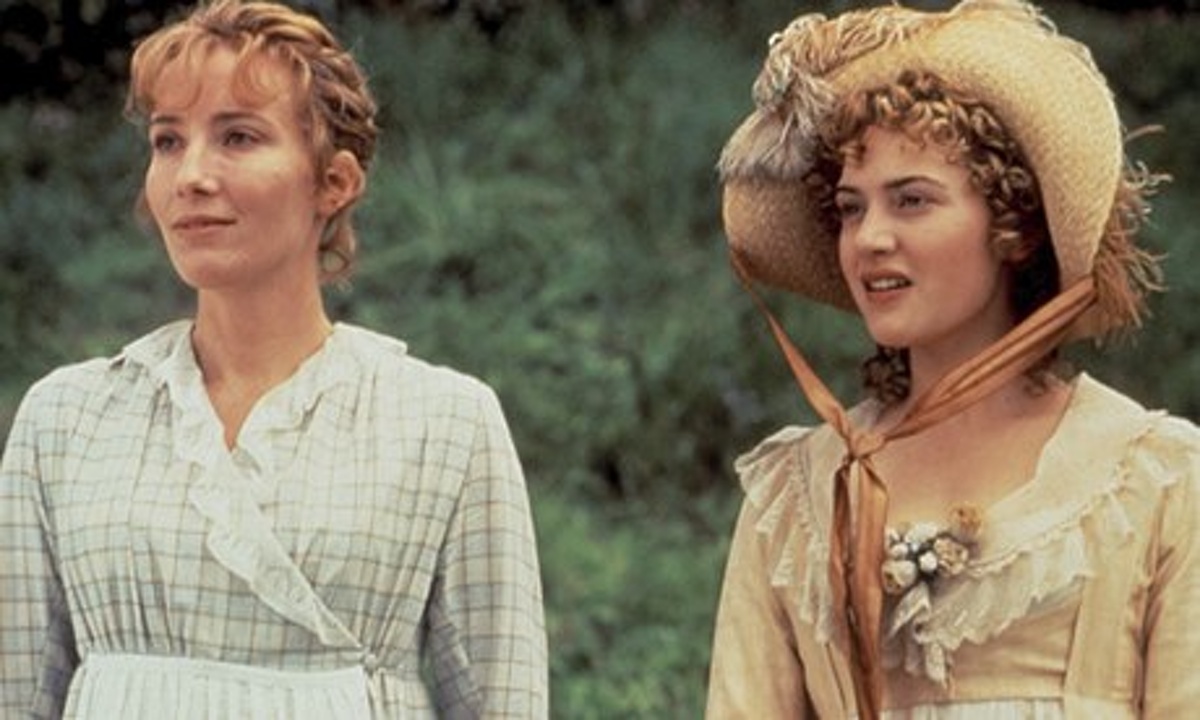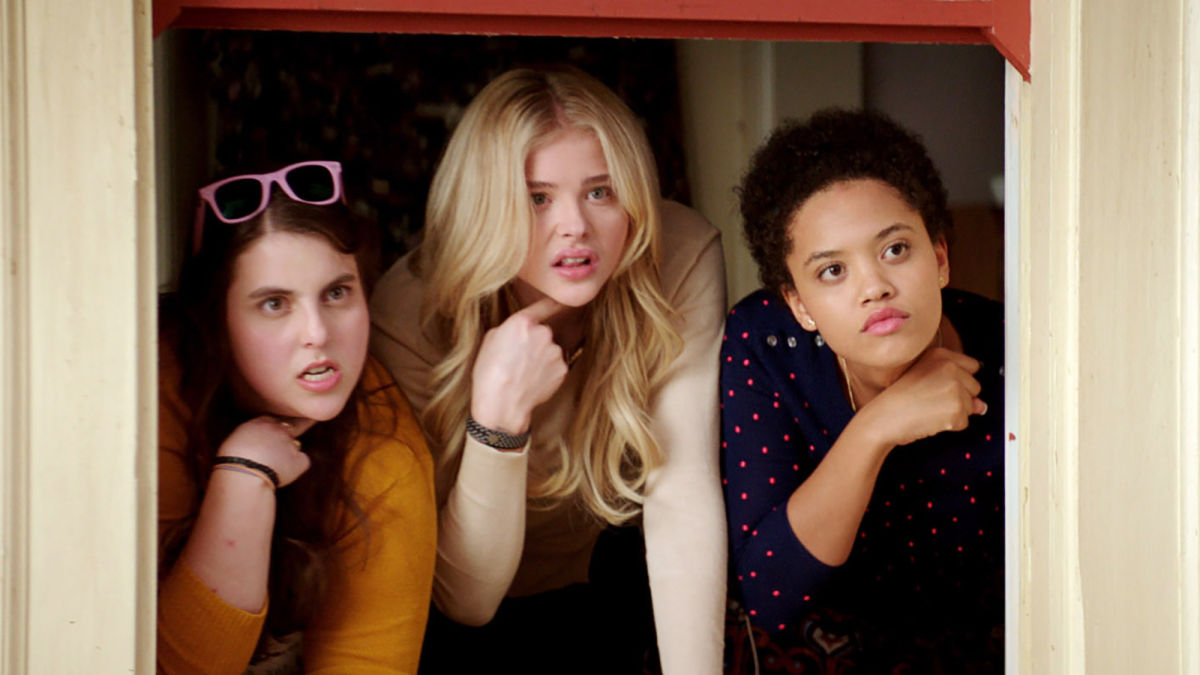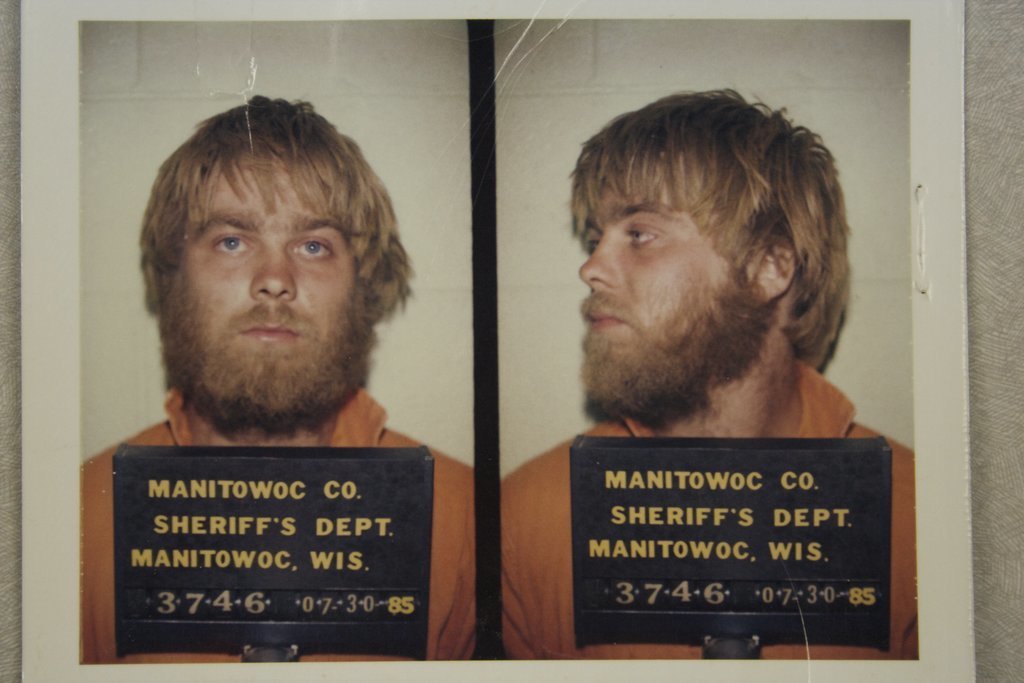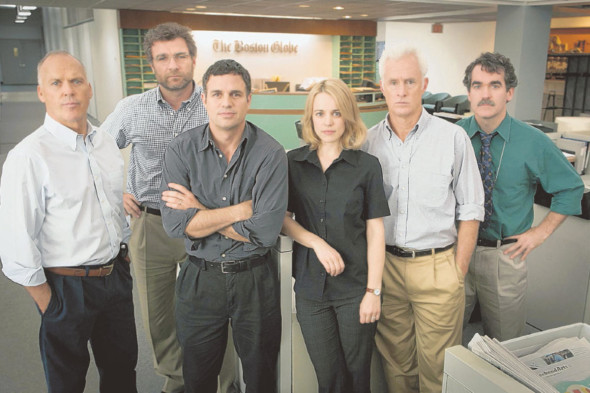Courage, Death, and Love in Dorothy Arzner’s ‘Christopher Strong’
In spite of the ending or what the trailer suggests, ‘Christopher Strong’ doesn’t demonize Cynthia for her ambition and her desires; instead, the film sheds a sympathetic light on her story even as it depicts her pursuit of independence and love as an impossible one within the context of the world she occupies. The story of such a pursuit and the societal pressures attached likely felt familiar to director Dorothy Arzner, writer Zoë Akins, and star Katharine Hepburn — each of whom occupied positions of creative control in the film’s production and led successful careers in an industry still notorious for undervaluing women today.
